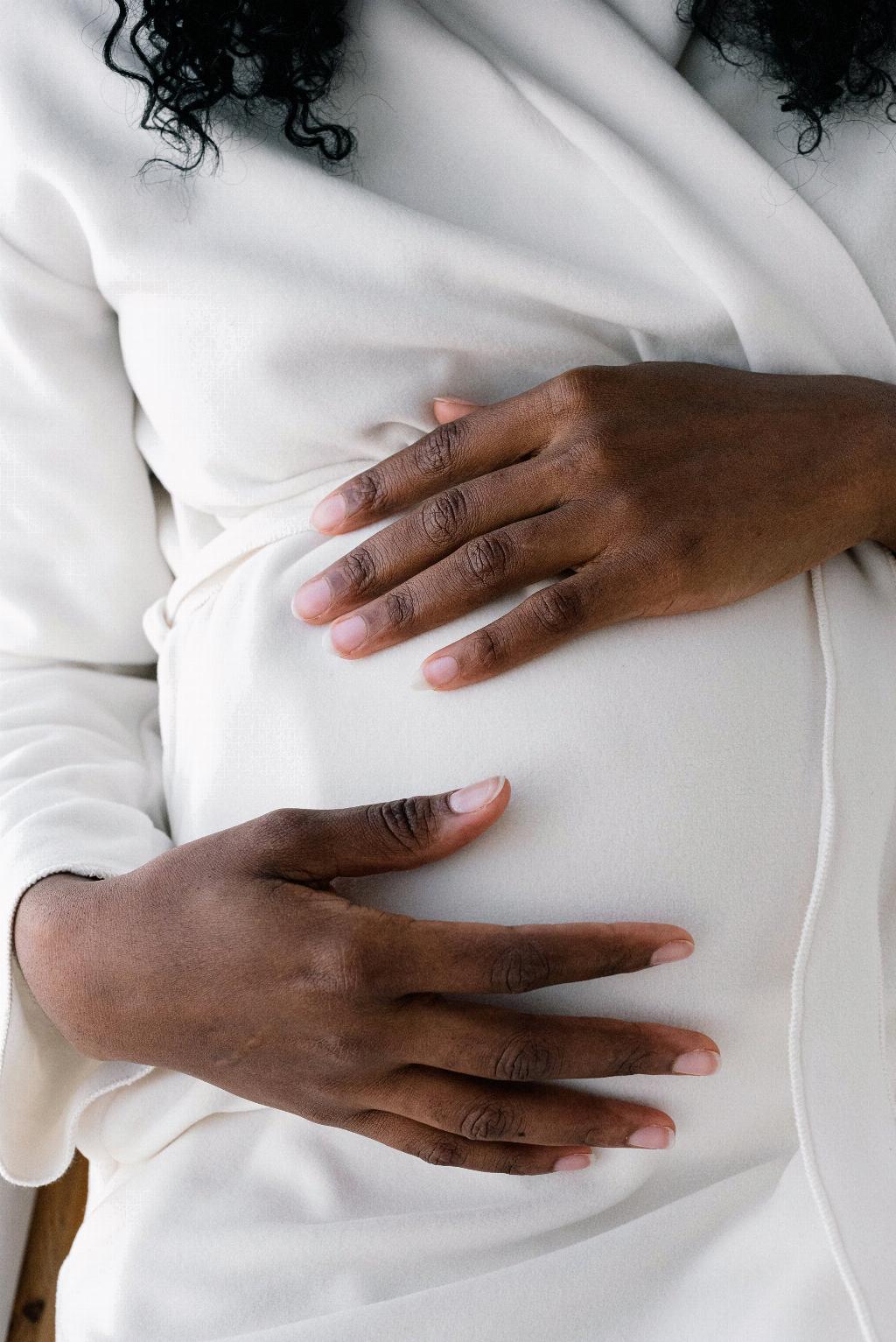When it comes to ectopic pregnancies, understanding the timeline is crucial for expecting parents. One of the most common questions that arise is, “How far along is the baby of an ectopic pregnancy?” Let’s delve into this topic to provide clarity on this sensitive issue.
The Development of an Ectopic Pregnancy
In an ectopic pregnancy, the fertilized egg implants outside the uterus, commonly in the fallopian tube. This abnormal implantation can lead to serious complications, as the pregnancy cannot progress normally outside the uterus.
Growth of the Fertilized Egg
The fertilized egg in an ectopic pregnancy can grow for several weeks outside the uterus. However, the timeline for how far along the baby is in an ectopic pregnancy is different from a normal intrauterine pregnancy. The growth of the egg is limited by the space available in the fallopian tube, which is much smaller than the uterus.
Potential Risks and Complications
As the fertilized egg continues to grow in the fallopian tube, there is a high risk of the tube rupturing between 6 to 16 weeks of pregnancy. A ruptured ectopic pregnancy can lead to severe internal bleeding, which is a life-threatening emergency that requires immediate medical intervention.
Monitoring the Progression
Due to the potential risks associated with ectopic pregnancies, healthcare providers closely monitor the progression of the pregnancy through ultrasounds and blood tests. These diagnostic tools help in assessing the development of the fertilized egg and detecting any signs of a ruptured ectopic pregnancy.
Impact on the Gestational Age
When determining how far along the baby is in an ectopic pregnancy, healthcare providers consider the gestational age based on the last menstrual period. However, the gestational age may not accurately reflect the actual development of the ectopic pregnancy, as the growth is constrained by the fallopian tube’s limited space.
Emotional and Physical Challenges
Dealing with an ectopic pregnancy can be emotionally and physically challenging for expecting parents. The uncertainty surrounding the timeline and outcome of the pregnancy can cause immense stress and anxiety. It is essential to seek support from healthcare providers and loved ones during this difficult time.
Treatment Options for Ectopic Pregnancy
When an ectopic pregnancy is diagnosed, prompt treatment is necessary to prevent serious complications. Depending on the severity of the condition, treatment options may include medications to dissolve the pregnancy tissue or surgery to remove the ectopic pregnancy.
Recovery and Follow-Up Care
After undergoing treatment for an ectopic pregnancy, it is crucial to follow-up with healthcare providers for ongoing monitoring and support. Physical recovery from the procedure may take time, and emotional healing is also a vital aspect of the recovery process.
Coping with Loss
In cases where an ectopic pregnancy ends in loss, grieving the loss of the pregnancy and coping with the emotional aftermath are essential for healing. Seek support from mental health professionals, support groups, or loved ones to navigate through the grieving process.
Future Pregnancy Planning
As you heal from the experience of an ectopic pregnancy, discussing future pregnancy planning with your healthcare provider is crucial. Understanding the risk factors associated with recurrent ectopic pregnancies and exploring options for conception safely are important considerations for the future.
Conclusion
While the timeline of an ectopic pregnancy may differ from a typical intrauterine pregnancy, understanding the risks, monitoring the progression, and seeking timely medical intervention are essential for the well-being of the expectant parent. It is important to prioritize both physical and emotional health throughout the journey of dealing with an ectopic pregnancy.

